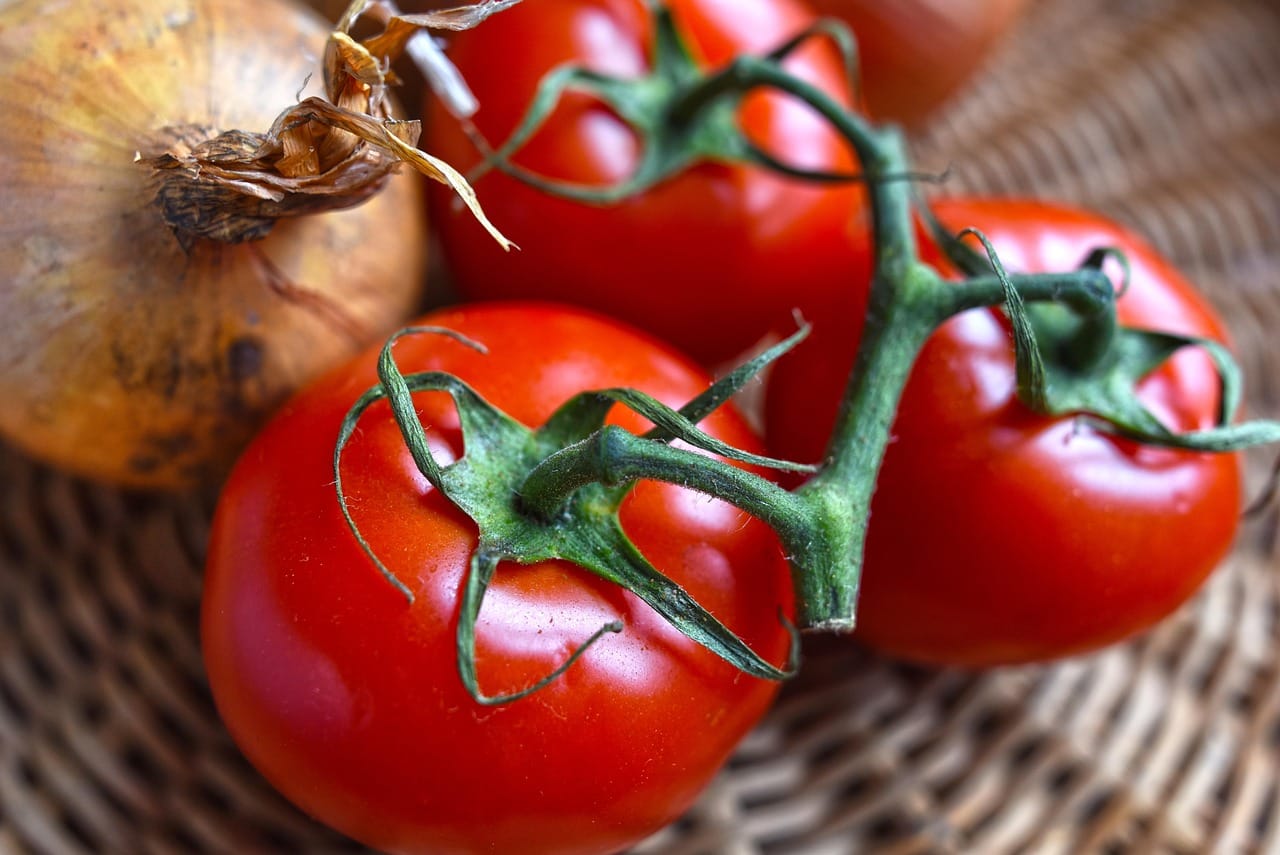Veggie burgers have come a long way from the bland, crumbly patties of the past. Today’s market offers a diverse range of delicious and nutritious veggie burger options, crafted to satisfy even the most discerning palates. Whether you’re a dedicated vegetarian, a flexitarian looking to reduce your meat consumption, or simply curious about exploring plant-based alternatives, the veggie burger scene has something to offer. This guide will dive deep into the world of veggie burgers, exploring their ingredients, nutritional benefits, preparation tips, and the best ways to enjoy them.
What is a Veggie Burger?
Definition and Key Ingredients
A veggie burger, also known as a vegetable burger or a garden burger, is a plant-based patty designed to mimic the look, taste, and texture of a traditional beef burger. It’s typically made from a combination of vegetables, grains, legumes, and binders to hold the ingredients together.
- Vegetables: Common ingredients include mushrooms, onions, carrots, peppers, and zucchini. These contribute to the burger’s flavor, texture, and nutritional value.
- Grains: Brown rice, quinoa, oats, and breadcrumbs are often used as binding agents and to add bulk.
- Legumes: Beans (black beans, kidney beans), lentils, and chickpeas provide protein and fiber.
- Binders: Eggs (for non-vegan options), flax seeds, chia seeds, breadcrumbs, or mashed sweet potatoes help to hold the burger together during cooking.
- Flavorings: Spices, herbs, and sauces like soy sauce, Worcestershire sauce (often vegan versions), and liquid smoke enhance the overall taste.
Types of Veggie Burgers
Veggie burgers can be broadly categorized into two main types, each with its own unique characteristics:
- Traditional Veggie Burgers: These are typically made from a combination of vegetables, grains, and legumes, offering a more “whole food” approach. They often have a softer texture and a more pronounced vegetable flavor. Example: A black bean burger with corn, peppers, and spices.
- “Bleeding” Veggie Burgers: These are designed to mimic the taste and texture of beef burgers as closely as possible. They often use plant-based proteins like soy or pea protein and include ingredients like beetroot juice or heme to simulate the “bleeding” effect. Brands like Impossible Burger and Beyond Burger fall into this category.
Nutritional Benefits of Veggie Burgers
Compared to Beef Burgers
Veggie burgers often offer a number of nutritional advantages compared to traditional beef burgers, making them a healthier choice for many individuals.
- Lower in Saturated Fat: Most veggie burgers contain significantly less saturated fat than beef burgers, which can contribute to heart health.
- Higher in Fiber: The vegetables, grains, and legumes in veggie burgers provide a good source of dietary fiber, aiding digestion and promoting satiety. According to the Mayo Clinic, fiber helps lower cholesterol levels and control blood sugar levels.
- Cholesterol-Free: Veggie burgers are naturally cholesterol-free, while beef burgers contain cholesterol.
- Rich in Vitamins and Minerals: Depending on the ingredients, veggie burgers can be a good source of vitamins and minerals, such as iron, potassium, and vitamin C.
Considerations and Potential Drawbacks
While veggie burgers offer many nutritional benefits, it’s important to consider the following:
- Sodium Content: Some commercially prepared veggie burgers can be high in sodium, especially those designed to mimic the taste of meat.
- Processed Ingredients: Some “bleeding” veggie burgers contain highly processed ingredients, which may be a concern for those following a whole food diet.
- Allergens: Veggie burgers may contain common allergens like soy, gluten, or nuts. Always check the ingredient list carefully if you have any allergies.
- Protein Content: While veggie burgers provide protein, the amount and quality can vary. Legume-based burgers are generally higher in protein.
How to Choose the Right Veggie Burger
Reading Labels
Carefully reading the nutrition labels and ingredient lists is crucial when selecting a veggie burger. Pay attention to the following:
- Ingredients: Look for recognizable ingredients like vegetables, grains, and legumes.
- Sodium: Choose options with lower sodium content.
- Saturated Fat: Opt for burgers with minimal saturated fat.
- Fiber: Select burgers that are high in fiber.
- Protein: Check the protein content to ensure it meets your needs.
- Allergens: Always check for any allergens you need to avoid.
Considering Your Dietary Needs
Different veggie burgers cater to various dietary needs and preferences:
- Vegan: Look for burgers that are clearly labeled as vegan, meaning they contain no animal products.
- Gluten-Free: If you have a gluten intolerance, choose gluten-free options made with rice, quinoa, or other gluten-free grains.
- Soy-Free: If you’re allergic to soy, avoid burgers made with soy protein or soy-based ingredients.
- Low-Carb: Some veggie burger recipes can be adapted to be low-carb by using cauliflower rice or other low-carb alternatives.
Cooking and Serving Veggie Burgers
Cooking Methods
Veggie burgers can be cooked using various methods, each offering a different texture and flavor:
- Pan-Frying: This is a quick and easy method that results in a crispy exterior. Use a non-stick skillet with a little oil and cook over medium heat for 5-7 minutes per side.
- Baking: Baking is a healthier option that requires less oil. Preheat your oven to 375°F (190°C) and bake for 20-25 minutes, flipping halfway through.
- Grilling: Grilling adds a smoky flavor to veggie burgers. Preheat your grill to medium heat and grill for 5-7 minutes per side. Be careful as some veggie burgers tend to crumble on the grill. Using a grill basket can help.
- Air Frying: Air frying is a convenient and healthy way to cook veggie burgers. Preheat your air fryer to 375°F (190°C) and cook for 10-12 minutes, flipping halfway through.
Serving Suggestions and Toppings
Veggie burgers are incredibly versatile and can be served in many ways.
- Classic Burger: Serve on a bun with lettuce, tomato, onion, pickles, and your favorite condiments.
- International Flavors: Add toppings like guacamole and salsa for a Mexican-inspired burger, or hummus and tahini for a Middle Eastern twist.
- Salad Topper: Crumble a cooked veggie burger over a salad for a protein-packed meal.
- Grain Bowl: Serve a veggie burger alongside quinoa, brown rice, and roasted vegetables.
- Creative Toppings: Experiment with toppings like caramelized onions, roasted red peppers, avocado, sprouts, or even a fried egg (if not vegan).
- Sauces: Don’t forget the sauces! Vegan mayo, sriracha mayo, BBQ sauce, pesto, and chimichurri are all great options.
Making Your Own Veggie Burgers
Benefits of Homemade Veggie Burgers
Making your own veggie burgers from scratch allows you to control the ingredients and customize the flavor to your liking. It’s also often more cost-effective than buying pre-made burgers.
- Control over Ingredients: You know exactly what’s going into your burger.
- Customization: You can adjust the recipe to suit your taste preferences and dietary needs.
- Cost-Effective: Making your own veggie burgers can be cheaper than buying pre-made ones.
- Healthier Options: You can avoid processed ingredients and excessive sodium.
Basic Recipe and Tips
Here’s a basic recipe to get you started, which can easily be modified to your preferences.
Black Bean Burger Recipe:
- 1 can (15 ounces) black beans, rinsed and drained
- 1/2 cup cooked brown rice
- 1/4 cup chopped onion
- 1/4 cup chopped bell pepper
- 1 clove garlic, minced
- 1 tablespoon chili powder
- 1 teaspoon cumin
- 1/4 cup breadcrumbs (use gluten-free if needed)
- Salt and pepper to taste
Instructions:
Tips for Success:
- Don’t over-mash the beans: Leave some texture for a more satisfying burger.
- Adjust the binding agent: If the mixture is too wet, add more breadcrumbs. If it’s too dry, add a little water or mashed sweet potato.
- Chill the patties: Refrigerating the patties for at least 30 minutes before cooking helps them hold their shape better.
- Experiment with flavors: Add different vegetables, spices, and herbs to create your own unique flavor combinations.
- Consider adding liquid smoke: A dash of liquid smoke can add a delicious smoky flavor to your burgers.
Conclusion
Veggie burgers offer a delicious and nutritious alternative to traditional beef burgers. With a wide variety of options available, from traditional vegetable-based patties to those designed to mimic the taste and texture of meat, there’s a veggie burger to suit every palate and dietary need. By understanding the nutritional benefits, choosing the right burger, and experimenting with different cooking methods and toppings, you can enjoy this versatile plant-based option as part of a healthy and balanced diet. Whether you opt for store-bought or homemade, veggie burgers are a fantastic way to incorporate more plant-based protein into your meals and enjoy a satisfying and flavorful burger experience.




